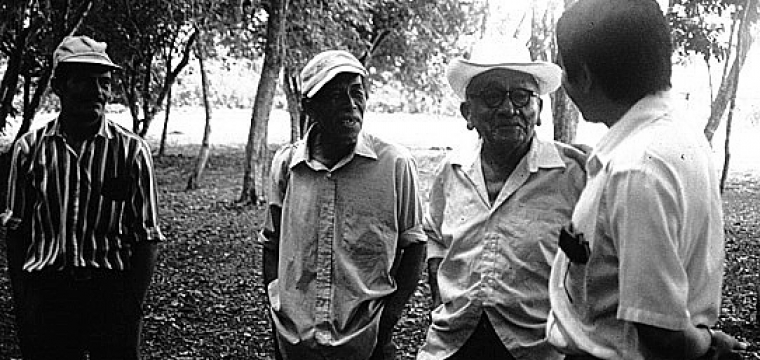Answers from the Past
Ancient Maya settlement distribution, community subsistence patterns, and household composition provide material evidence for the evolution of sustainable economies in one of the planet's last frontiers: the tropics. Archaeological research on the ancient Maya underscores the complex relationships between cultural systems and environment over time. This research on the past provides new possibilities for the Maya forest and the local people who live there today.
The El Pilar Program recognizes the privilege it has enjoyed in the development of the community participatory process, the management planning design, and the development of a new tourism destination. The success of local outreach at El Pilar can best be seen in the evolution of the community organization Amigos de El Pilar and the creation of the El Pilar Forest Garden Network. With community interest groups based in both Belize and Guatemala, the El Pilar project has worked to build a participatory relationship between the reserve and the community that is mutually beneficial. The growth and evolution of this dynamic relationship lies at the heart of the El Pilar philosophy: resilience and sustainability with the potential to educate communities, reform resource management, and inform conservation designs for the Maya Forest.

